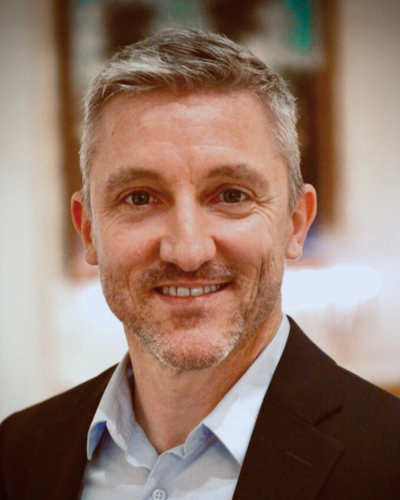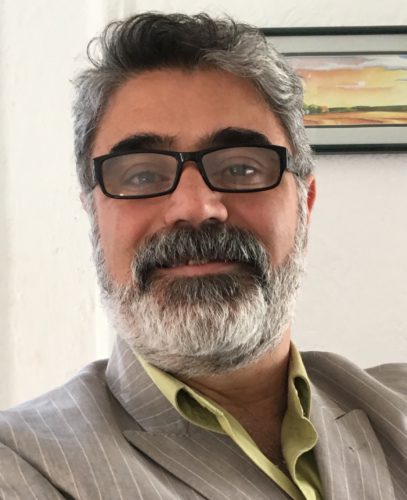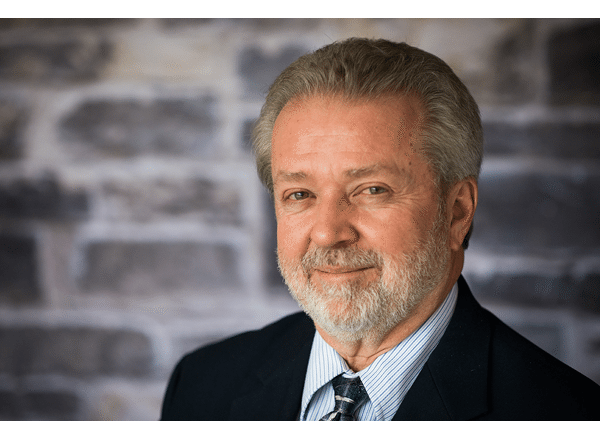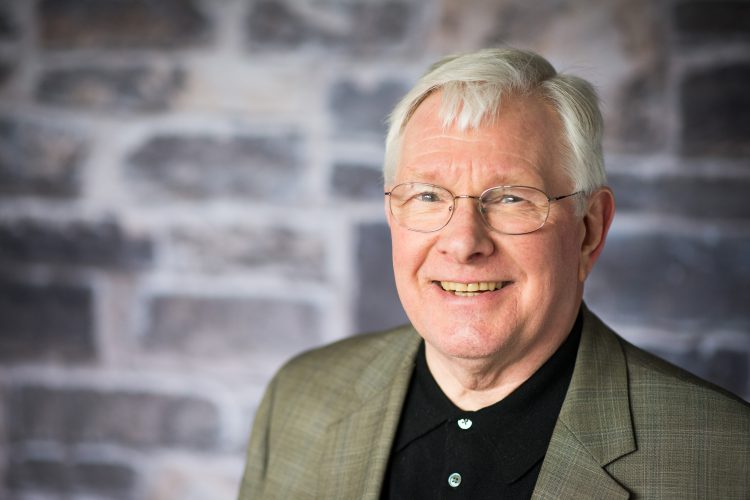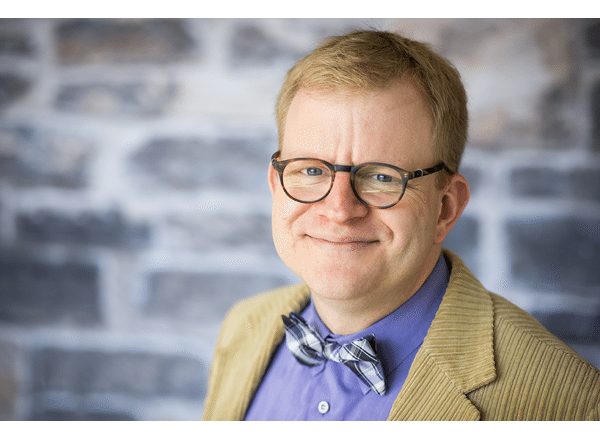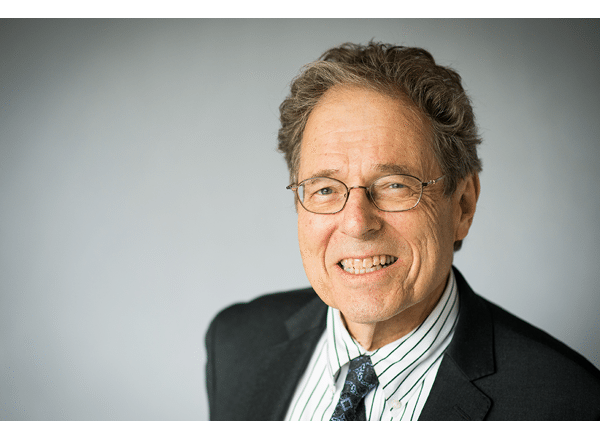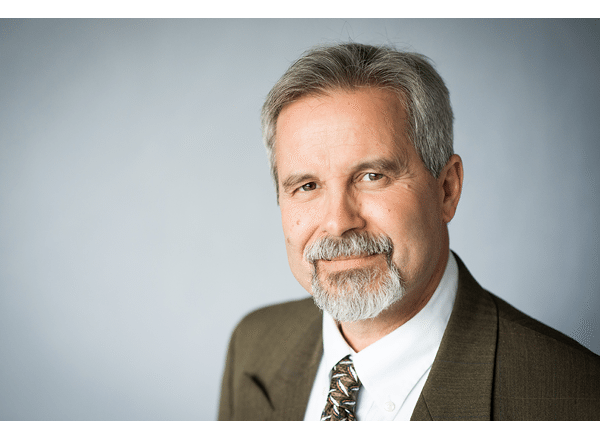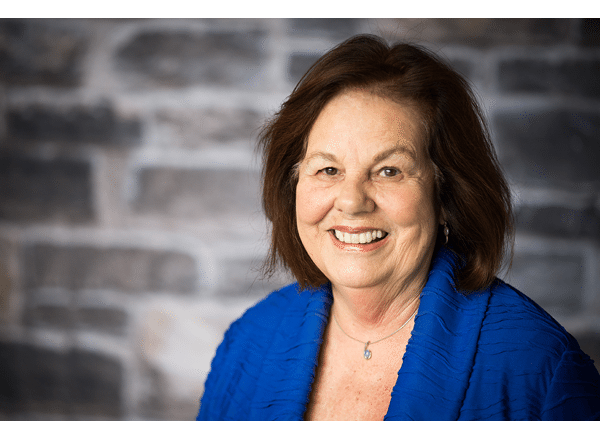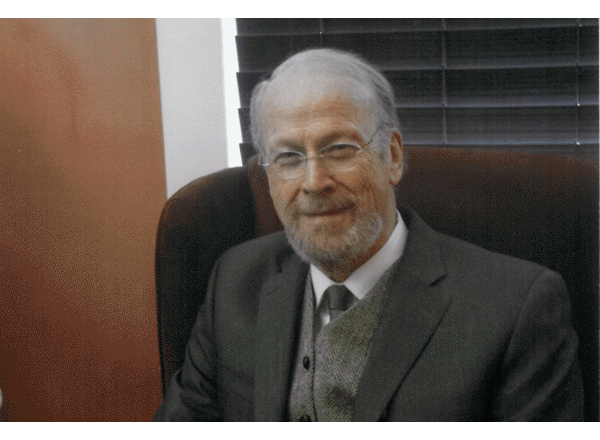Sadeq Rahimi was born in Iran and left the country for Canada as a political refugee in 1988. In Canada he received a BA Hon. in Cognitive Social Psychology at the University of Saskatchewan, followed by an MSC and a PhD in Social and Transcultural Psychiatry from McGill University. He then served 4 years as postdoctoral fellow in Global Health and Social Medicine at Harvard Medical School, and in Middle Eastern Studies at the Harvard Center for Middle Eastern Studies. Dr. Rahimi also received training in psychoanalytic psychotherapy in Montreal and Boston, and worked for over 15 years as a psychotherapist in hospital and private settings in Canada and the United States. In 2014 he received his tenure as a professor in Medical Anthropology and Psychiatry at the University of Saskatchewan, and moved to serve as a visiting professor of Global Health and Social Medicine at Harvard Medical School from 2015 to 2017, where he continues to serve as a Research Associate. Dr. Rahimi’s research and publication interests have covered different aspects of culture, mental health and subjectivity, including collective self-esteem and perception of racism, schizophrenia and culture, trauma, radicalization, political subjectivity, and artificial intelligence. Dr. Rahimi’s most recent book, Meaning, Madness and Political Subjectivity (Routledge, 2016), explores the subjective experience of schizophrenia as embedded and shaped by culture, politics, and history; and his upcoming book, The Hauntology of Everyday Life (Palgrave) examines patterns and mechanisms of intergenerational transmission of affect through language and culture. He recently co-edited with Byron J. Good a special issue of Ethos: Journal of the Society for Psychological Anthropology dedicated to clinical, ethnographic, and theoretical examinations of haunting and hauntology.
Program Affiliation
Programs in Psychoanalysis, Society, and Culture
Education
Postdoctoral Research Fellow, Social Medicine, Harvard Medical School, 2009
Postdoctoral Clinical Fellow, Boston Institute for Psychotherapy, 2009
Postdoctoral Research Fellow, Harvard Center for Middle Eastern Studies, 2008
Ph.D., Transcultural Psychiatry, School of Medicine, McGill University, 2005
M.Sc., Cultural Psychiatry, School of Medicine, McGill University (Canada), 1999
B.A. Hon., Psychology, University of Saskatchewan (Canada), 1996
B.A. Hon., English Literature, Shiraz University (Iran), 1988
Publications
Upcoming: The Hauntology of Everyday Life. New York: Palgrave Macmillan.
2020: Specularizing the Object Cause of Desire of the Dead Other: A Ghost Story. Ethos: Quarterly Journal of the Society for Psychological Anthropology. 47(4), pp. 427-439
2020: Ghosts, Haunting and Hauntology. Ethos: Quarterly Journal of the Society for Psychological Anthropology, Preface to special issue on hauntology. 47(4), pp. 409-410. Second author Byron J. Good.
2019: S. Rahimi, Byron J. Good (Guest Editors). Hauntology. Special issue of Ethos, Journal of the Society for Psychological Anthropology.
2018: Understanding Lower Participation of Ethnic and Cultural Minorities in Clinical Trials in Comparison to their Disease Incidence. White Paper co-auth. V. Mokashi..
2017: From Algorithms to Heuristics: Will Androids Ever Make Freudian Slips? AITopics: Official Publication of the Association for the Advancement of Artificial Intelligence. August 2018, pp. 275-279
2016: Haunted Metaphor, Transmitted Affect: The Pantemporality of Subjective Experience. Subjectivity 9(1), 83–105.
2015: Meaning, Madness and Political Subjectivity: A Study of Schizophrenia and Culture in Turkey Oxford & New York: Routledge.
2015: Reconsidering the Relationship Between Integration and Radicalization. Journal for Deradicalization, 2(5), 28-62.
2015: Ghosts, Haunting and the Intergenerational Transmission of Affect. Psychoanalytic Discourse. 1(1), 39-45.
2014: Power, self and psychosis: Examining Political Subjectivity Through Schizophrenia. Psychotherapy and Politics International. 13(1), 30–42.
2014: Power, Change and “The Culture of Psychiatry”. Anthropology and Medicine, 21(3), 312-324.
2014: Meaning and Political Subjectivity in Psychotic Illness. Clio’s Psyche, 20(4), 435-439.
2013: A Comparative Study of Collective Self-Esteem and Perception of Racism among Cambodian Immigrants and French Quebecois. Sociology and Anthropology 1(4),180-188.
2013: Cultures of the Internet: Identity, community and mental health. Transcultural psychiatry (vol. 50 no. 2, 2013; pp. 165-191) First author L.J. Kirmayer.
2013: The ego, the ocular, and the uncanny: Why are metaphors of vision central in accounts of the uncanny? The International journal of psycho-analysis, 94 (3), pp. 453-476.
